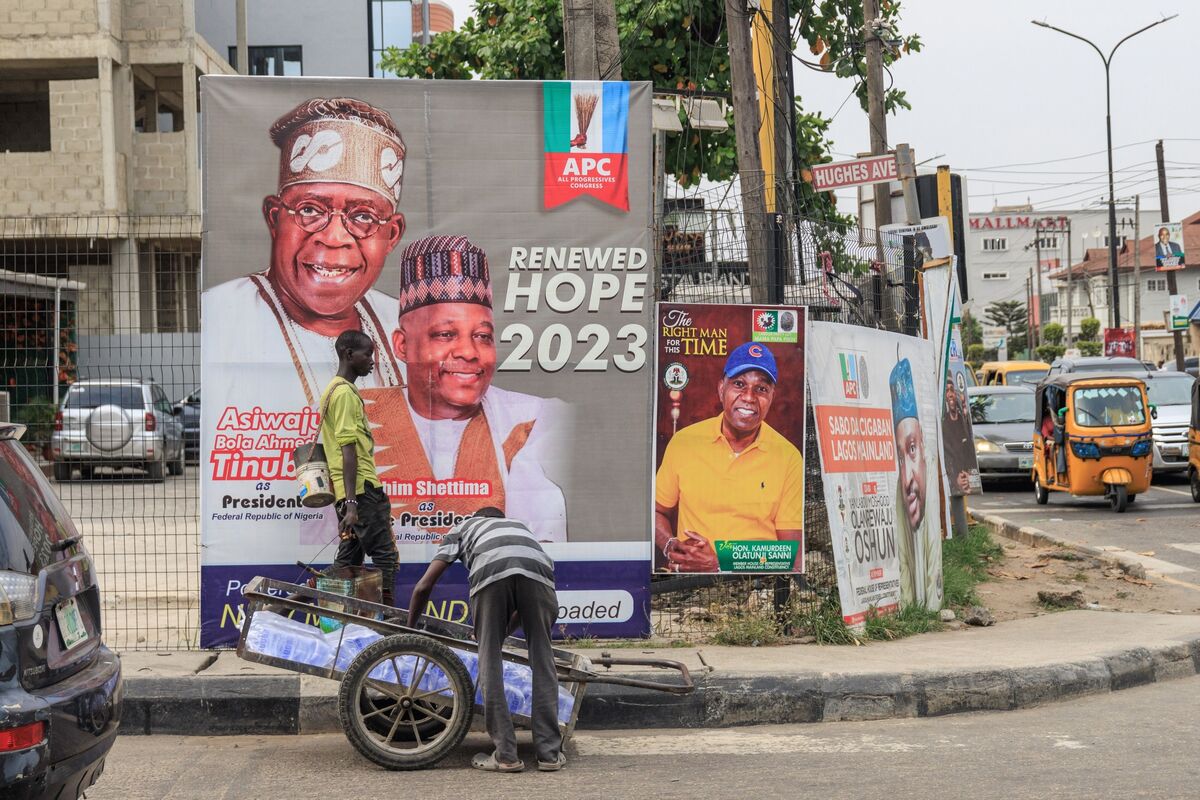Nigeria Tax Reform: Regional Divide Hinders Tinubu's Agenda
President Bola Ahmed Tinubu's ambitious tax reform agenda faces a significant hurdle: a stark regional divide in Nigeria's tax collection capabilities and willingness. While the need for increased revenue is undeniable, the uneven distribution of resources and the varying levels of compliance across the country threaten to derail the plan. This article delves into the complexities of this challenge, exploring the regional disparities, the potential consequences, and strategies for overcoming them.
The Uneven Landscape of Tax Collection in Nigeria
Nigeria's diverse geography and socio-economic landscape contribute significantly to the uneven distribution of tax revenue. The southern regions, particularly Lagos and its environs, generally exhibit higher tax compliance rates and a more developed tax infrastructure compared to their northern counterparts. This disparity is rooted in several factors:
Economic Disparities:
- Informal Economy: The substantial size of the informal economy, particularly prevalent in the northern regions, significantly reduces the tax base. Many businesses operate outside the formal system, evading taxes.
- Income Levels: Significant income disparities exist across the country. Higher income levels in the south translate to higher tax revenue generation.
- Access to Finance and Technology: The south generally has better access to financial services and technology, facilitating easier tax payments and administration.
Governance and Infrastructure Challenges:
- Capacity Building: A lack of adequately trained tax personnel and insufficient administrative capacity in some northern states hinders effective tax collection.
- Corruption: Corruption at various levels can undermine tax collection efforts, diverting funds intended for government projects.
- Poor Infrastructure: Inadequate infrastructure, including unreliable internet connectivity and limited access to banking services, can obstruct efficient tax administration.
The Implications of Regional Disparities on Tinubu's Tax Reform
The regional divide poses a considerable threat to the success of Tinubu's tax reform. If the reform disproportionately affects already struggling northern regions, it could trigger social unrest and political instability. Moreover, a failure to address the underlying issues of inequality and poor governance will render any tax increases ineffective and unsustainable.
Potential Consequences:
- Reduced Revenue: Uneven compliance means a lower-than-projected tax revenue yield, hindering the government's ability to fund crucial public services.
- Increased Inequality: A poorly implemented tax reform could exacerbate existing inequalities, widening the gap between wealthier southern and poorer northern regions.
- Political Instability: Public discontent and protests stemming from perceived unfair tax burdens could destabilize the political landscape.
Strategies for Bridging the Regional Divide
To ensure the success of his tax reform, President Tinubu needs a multi-pronged approach that addresses both the immediate challenges and the underlying structural issues.
Strengthening Tax Administration:
- Investing in Capacity Building: Targeted training programs for tax officials in under-resourced regions are crucial.
- Modernizing Tax Systems: Adopting digital tax collection systems will improve efficiency and transparency.
- Improving Infrastructure: Investing in infrastructure, particularly in areas with poor connectivity and banking access, is essential.
Addressing Economic Disparities:
- Promoting Inclusive Growth: Policies aimed at fostering economic diversification and job creation in under-developed regions are necessary.
- Supporting the Informal Economy: Strategies for gradually integrating the informal economy into the formal system, such as providing incentives for formalization, should be implemented.
- Targeted Development Programs: Investing in education, healthcare, and infrastructure in less developed regions will promote long-term economic growth.
Fostering Trust and Transparency:
- Combating Corruption: Strengthening anti-corruption institutions and enhancing transparency in government operations will build public trust.
- Effective Communication: Clear and consistent communication about the goals and benefits of the tax reform is essential to secure public support.
- Community Engagement: Involving communities in the design and implementation of tax policies will improve buy-in and reduce resistance.
Conclusion: A Path Towards Inclusive Tax Reform
President Tinubu's tax reform agenda is crucial for Nigeria's economic development. However, its success hinges on overcoming the significant regional divide. By addressing the underlying economic, governance, and infrastructural challenges, while simultaneously strengthening tax administration and fostering trust and transparency, the Nigerian government can pave the way for a more inclusive and effective tax system that benefits all citizens. Ignoring the regional disparities will not only undermine the reform's effectiveness but could also have serious socio-political implications for the country. A balanced, equitable, and regionally sensitive approach is therefore paramount.
